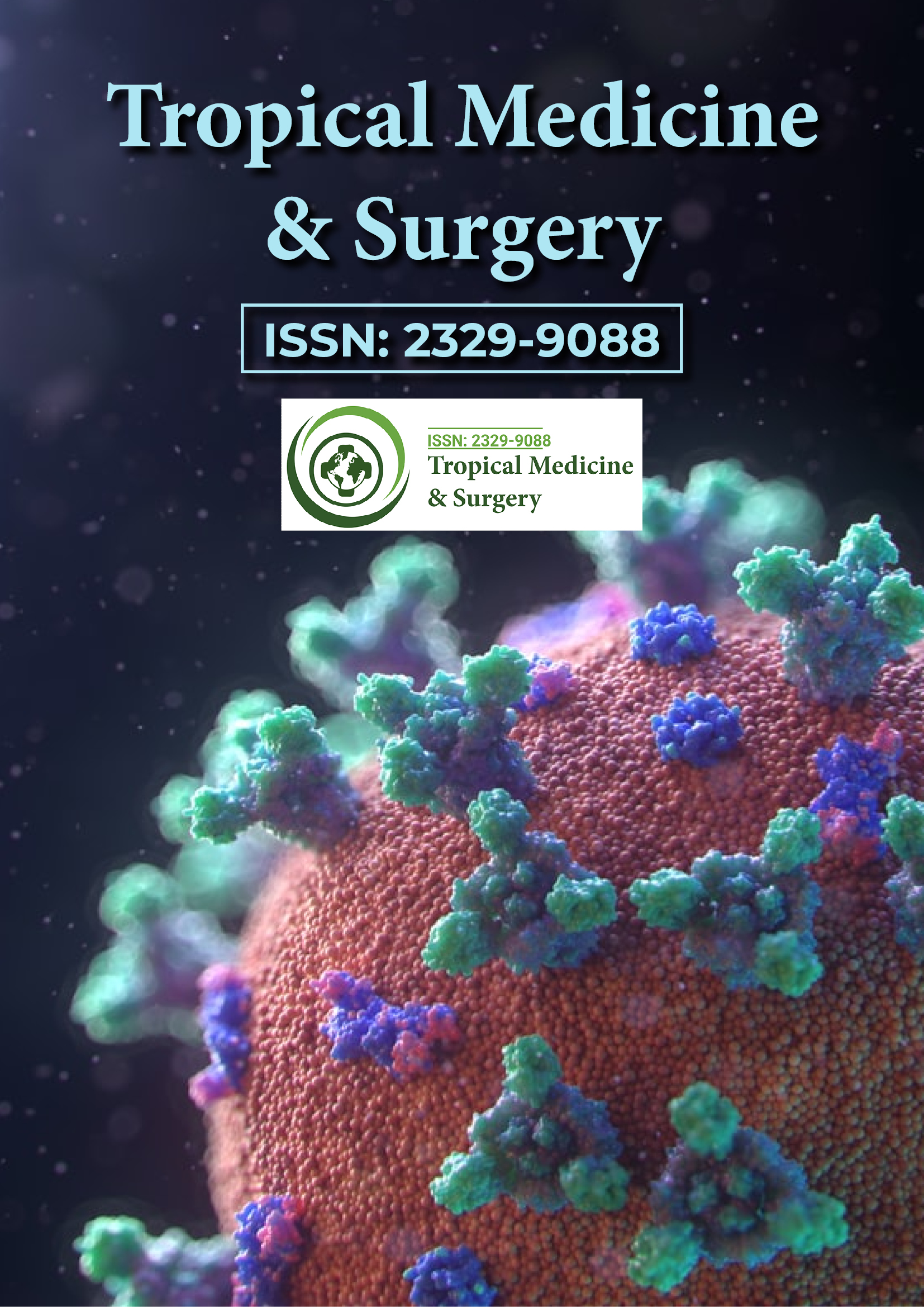Indexed In
- Open J Gate
- Academic Keys
- RefSeek
- Hamdard University
- EBSCO A-Z
- OCLC- WorldCat
- Publons
- Euro Pub
- Google Scholar
Useful Links
Share This Page
Journal Flyer

Open Access Journals
- Agri and Aquaculture
- Biochemistry
- Bioinformatics & Systems Biology
- Business & Management
- Chemistry
- Clinical Sciences
- Engineering
- Food & Nutrition
- General Science
- Genetics & Molecular Biology
- Immunology & Microbiology
- Medical Sciences
- Neuroscience & Psychology
- Nursing & Health Care
- Pharmaceutical Sciences
Opinion Article - (2023) Volume 11, Issue 2
The Importance of Health Hygiene: Maintaining Cleanliness and Preventing the Spread of Infections
Amos Masahiro*Received: 01-Mar-2023, Manuscript No. TPMS-23-20694; Editor assigned: 06-Mar-2023, Pre QC No. TPMS-23-20694(PQ); Reviewed: 20-Mar-2023, QC No. TPMS-23-20694; Revised: 27-Mar-2023, Manuscript No. TPMS-23-206949(R); Published: 03-Apr-2023, DOI: 10.35248/2329-9088.23.11.300
Description
Health hygiene is the practice of maintaining cleanliness and taking measures to prevent the spread of germs and infections. It is essential for individuals to follow health hygiene practices in their day-to-day life to maintain good health and prevent the spread of infectious diseases. Health hygiene involves personal hygiene, environmental hygiene, and food hygiene. In this essay, we will discuss the importance of health hygiene, the different types of hygiene, and ways to maintain health hygiene.
Personal hygiene is one of the most important types of health hygiene. It refers to the practices that individuals undertake to maintain their cleanliness and grooming. Personal hygiene includes taking regular baths, washing hands regularly, brushing teeth twice a day, wearing clean clothes, and keeping nails trimmed and clean. Good personal hygiene is crucial in preventing the spread of infectious diseases. Washing hands with soap and water is the most effective way of removing germs from the hands. Individuals should wash their hands before and after eating, after using the toilet, after sneezing or coughing, and after touching animals. Maintaining good personal hygiene can also prevent the spread of skin infections like ringworm, scabies, and impetigo.
Environmental hygiene refers to the cleanliness of the environment around us. It involves maintaining a clean and healthy living and working environment. Environmental hygiene includes keeping the surroundings clean, disposing of waste properly, and maintaining good ventilation. It is important to keep the living and working environment clean to prevent the spread of infectious diseases. Germs can thrive in dirty environments, and individuals can easily contract diseases if they are exposed to them. Cleaning surfaces regularly with disinfectant, using a mask in crowded areas, and avoiding smoking indoors can all help maintain environmental hygiene.
Food hygiene is another essential aspect of health hygiene. It involves the handling, preparation, and storage of food to prevent foodborne illnesses. Food hygiene practices include washing hands before and after handling food, cooking food at the right temperature, storing food at the right temperature, and avoiding cross-contamination. Cross-contamination occurs when germs from one food item are transferred to another, leading to food poisoning. It is important to store food separately to avoid cross-contamination.
Maintaining health hygiene is essential for individuals to stay healthy and prevent the spread of infectious diseases. Here are some ways individuals can maintain health hygiene:
1. Washing hands regularly with soap and water is the most effective way of removing germs from the hands. Individuals should wash their hands before and after eating, after using the toilet, after sneezing or coughing, and after touching animals.
2. Keeping the living and working environment clean can prevent the spread of infectious diseases. Cleaning surfaces regularly with disinfectant, using a mask in crowded areas, and avoiding smoking indoors can all help maintain environmental hygiene.
3. Maintaining good personal hygiene can prevent the spread of skin infections like ringworm, scabies, and impetigo. Individuals should take regular baths, wash their hands regularly, brush teeth twice a day, wear clean clothes, and keep nails trimmed and clean.
4. Food hygiene practices can prevent foodborne illnesses. Individuals should wash hands before and after handling food, cook food at the right temperature, store food at the right temperature, and avoid cross-contamination.
In conclusion, health hygiene is the practice of maintaining cleanliness and taking measures to prevent the spread of germs and infections. Good personal hygiene, environmental hygiene, and food hygiene are essential for individuals to stay healthy and prevent the spread of infectious diseases. Individuals should wash their hands regularly, keep their environment clean, maintain good personal hygiene, and practice food hygiene to prevent the spread of infectious diseases. Maintaining health hygiene is not only beneficial for individuals but also for society as a whole as it can prevent the spread of infectious diseases.
Citation: Masahiro A (2023) The Importance of Health Hygiene: Maintaining Cleanliness and Preventing the Spread of Infections. Trop Med Surg.11:300.
Copyright: © 2023 Masahiro A. This is an open-access article distributed under the terms of the Creative Commons Attribution License, which permits unrestricted use, distribution, and reproduction in any medium, provided the original author and source are credited.
